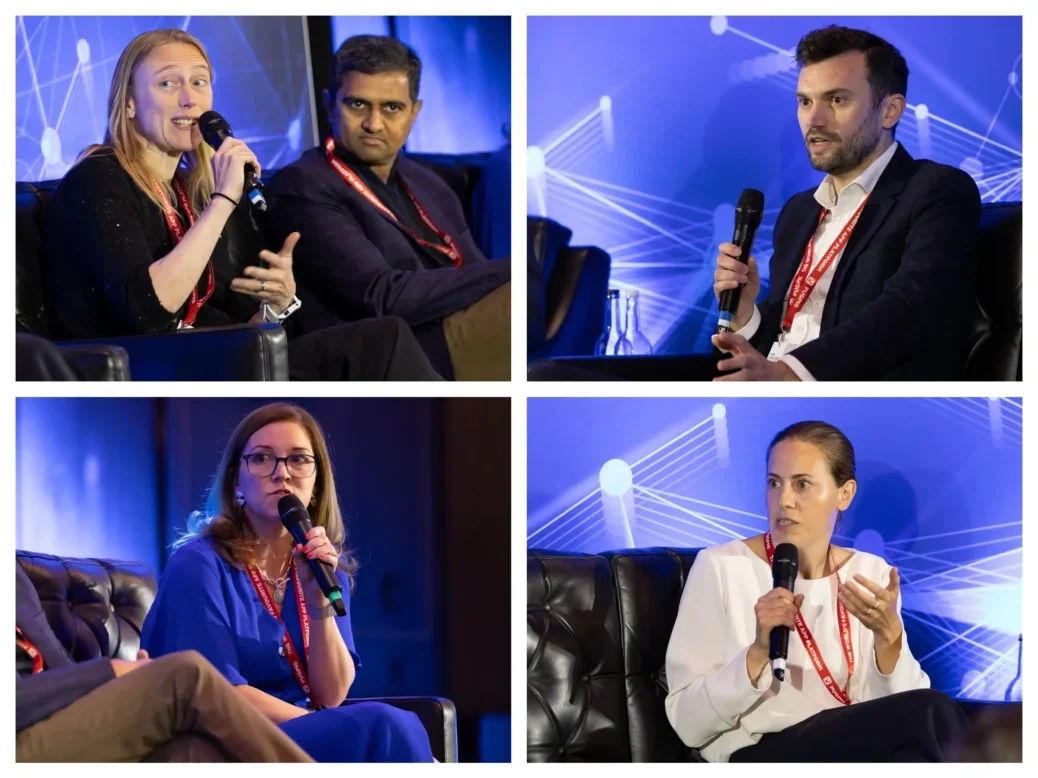
Senior executives at Politico, Racing Post and the Financial Times have explained why they charge a high price for quality journalism and resist the temptation to offer heavy discounts.
Politico does not publish prices for its B2B “Pro” subscriptions (but they cost tens of thousands of pounds per year), the FT charges £59 per month for a digital subscription and the Racing Post charges £50 for monthly online access.
Speaking at the recent Press Gazette Future of Media Technology Conference, Politico Europe deputy editor-in-chief Kate Day (who runs the UK team) said: “We are unashamedly expensive. We charge a lot for our subscriptions, tens of thousands of pounds, and people pay it because it’s useful in their job.”
She said subscriptions now account for 60% of Politico’s revenue. Data on which content drives subscriptions and retention gives the editorial team focus, she said: “The biggest value from our journalism is the scoops… that is a very clarifying focusing goal.”
She added: “Where is the value for our readers? In our case it’s because it helps them do their jobs better. We have to keep the newsroom focused all the time on what is the journalism that is going to make a difference, or can they get the same information somewhere else?
“We talk a lot about who our readers are and what they need. The clarity when you know your audience very well is amazing for the newsroom. You need to build that into every part of how your newsroom talks about commissioning, editing and success.”
Day said subscription revenue funds Politico’s teams of specialist journalists who are “the cornerstone of our competitive advantage”.
FT: ‘Deep discounting is very tempting but not the right thing’
FT managing director for consumer revenue Fiona Spooner said the title tries to resist the temptation to offer deep discounts (although in the UK it is currently offering 50% off a digital subscription for the first year).
She said: “We have found that deep discounting is not the right thing for sustainable long term growth. It’s very tempting because you see the results straight away.
“The latest offer for the Washington Post is $29 a year and we are $50-$60 per month, so our pricing is quite significantly higher. We are in a market which is used to discounting. The internal pressure is why don’t we just drop the price?
“When we did that going back to Brexit we had a huge spike in subscriptions…but one year and two years later we saw a big spike in cancellations.”
She said that the FT prefers to offer different packages at lower prices: such as subscriptions to individual newsletters (eg. Inside Politics), or FT Edit (an app which offers access to a selection of FT journalism).
The FT also offers readers who want to read just one article the ability to pay £1 for a four-week trial.
Racing Post: ‘We are unashamedly premium’
Racing Post editor Tom Kerr told the conference: “We are an unashamedly premium product. It’s £5 for the newspaper, £50 a month for a top tier [digital] subscription.
“We realised a long time ago that with the changing economics of the industry, either we could charge people what we thought was a fair price for the quality of content and data we were providing or we would have to cut corners.
“We went down the route of quite aggressive price rises and have been on that path for some time now. If you are offering the quality of content, if it is distinct, if it is unique and if it demonstrably provides value to a discerning audience, people are willing to pay that.”
Guardian: Focus on lifetime value of subscribers
The Guardian currently offers access to the title’s digital edition for £149 per year (up from £99 a year ago). It also offers ad-free reading and unlimited access to The Guardian app for £12 per month.
Guardian chief supporter officer Liz Wynn said the language around reader revenue (which includes a large volume of donations) is different at The Guardian.
“It’s a contribution towards supporting the ongoing work of The Guardian.”
On the subject of retaining reader revenue, she said: “The best way to optimise your churn rate is to run no ads. Driving profitable growth while having the right level of retention is the art…
“For some or our readers they are really engaged and want to buy into premium products and subscriptions and that’s incredibly valuable for us.”
She said a good way to avoid a high churn rate is by focusing on the lifetime value to a business of subscribers (rather than acquisition numbers).
She said: “I am a big fan of running your acquisitions team with a three-year revenue target.”
She added: “If you have an immediate trading problem today, if you want to make a short-term difference, look at winning back lapsed customers.”
Krish Subramanian, CEO and co-founder of Chargebee, told the conference that publishers are increasingly using data science to head off cancellations much earlier.
He said: “It’s not about saving at the point of cancellation, it’s about understanding why they are coming to the point of cancellation. Which cohort of customers are likely to cancel in the next 30 days?
“We see more companies investing in data science to know who is likely to leave and we can pre-empt the motions that are needed to start saving them.
“At the point of acquisition, some companies are establishing transparency about how you can leave, not because a regulator says so but because this is the right way to treat a customer. Those are the businesses that are able to build that level of trust and think about it as a recurring relationship and not as a subscription.”
Email pged@pressgazette.co.uk to point out mistakes, provide story tips or send in a letter for publication on our "Letters Page" blog
